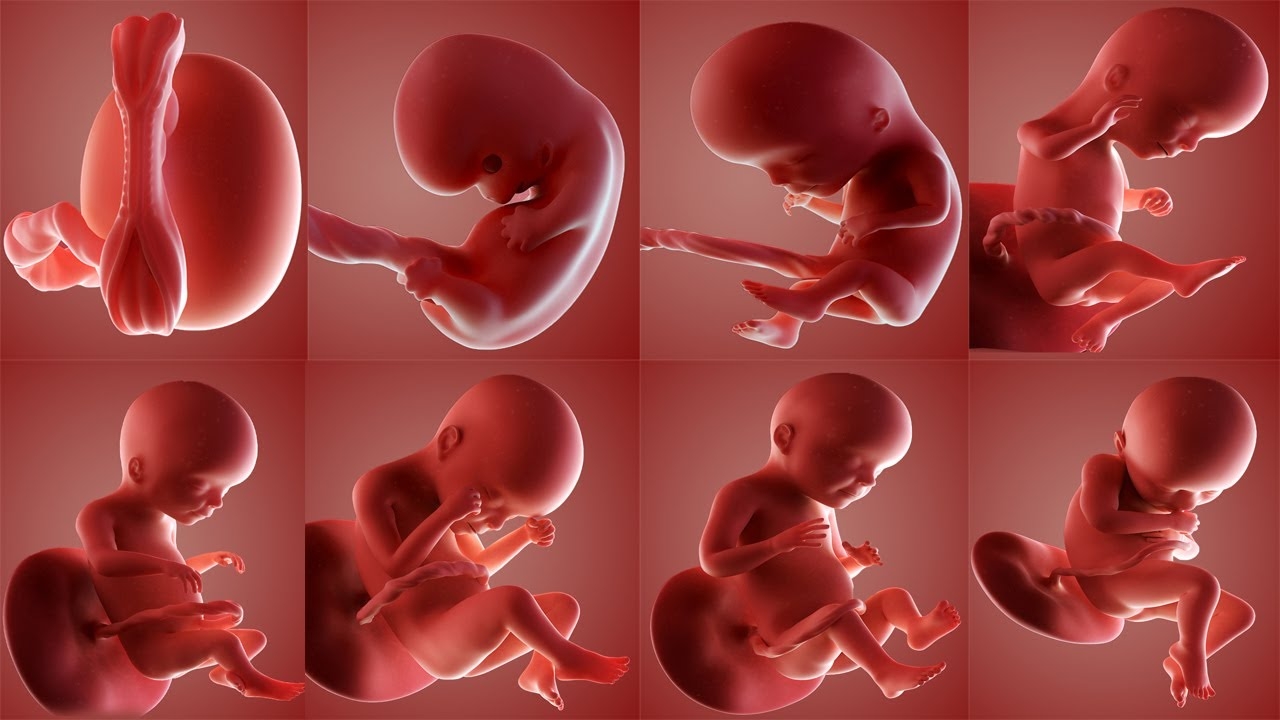 Source: bing.com
Source: bing.comTable of Contents
Introduction
Congratulations on your new bundle of joy! The first few months of your baby’s life are filled with excitement, wonder, and a lot of newness. As a new parent, it can be overwhelming to navigate the world of baby development. That’s why we’ve put together this guide to help you understand what to expect during the first three months of your baby’s life.
Month 1
During the first month of your baby’s life, they will be highly dependent on you for everything. They will spend most of their time sleeping and eating, and their movements will be very limited. However, they will start to become more alert and aware of their surroundings as the month progresses.Your baby’s vision will be very blurry at first, but they will be able to distinguish between light and dark. They will also be able to track moving objects and respond to bright colors. Make sure to provide plenty of visual stimulation for your baby by placing them in front of colorful toys or mobiles.At this stage, your baby will also start to communicate with you through crying, facial expressions, and body movements. Pay attention to their cues and try to meet their needs as quickly as possible to establish a strong bond.
Month 2
By the second month, your baby will start to become more active and interactive. They will be able to lift their head briefly during tummy time and may even start to push up with their arms. They will also start to smile and coo, which will be music to your ears!Your baby’s vision will start to improve, and they will be able to focus on objects up to 10 inches away. They will also start to recognize familiar faces, including yours. Make sure to spend plenty of time interacting with your baby to help them develop their social and emotional skills.You may notice that your baby is starting to develop a routine by this stage. They may sleep for longer stretches at night and take more regular daytime naps. Try to establish a consistent schedule for your baby to help them feel secure and comfortable.
Month 3
By the third month, your baby will be even more active and alert. They may start to roll from their tummy to their back, and some babies may even start to roll from their back to their tummy. They will also start to grasp objects and bring them to their mouth.Your baby’s vision will continue to improve, and they will be able to track objects with their eyes and perceive depth. They will also start to recognize their own name and respond to familiar voices.At this stage, your baby may start to show a preference for certain toys, colors, or sounds. Pay attention to their likes and dislikes, as this will help you choose appropriate toys and activities to stimulate their development.
Conclusion
The first three months of your baby’s life are filled with rapid development and growth. By understanding what to expect during each month, you can help your baby reach important milestones and establish a strong bond with you. Remember to provide plenty of love, attention, and stimulation for your baby, and don’t forget to take care of yourself too!
Frequently Asked Questions
Q: When should my baby start to lift their head?
A: Most babies will start to lift their head briefly during tummy time around 2-3 months of age.
Q: When should my baby start to smile?
A: Most babies will start to smile socially (in response to a person) around 6-8 weeks of age.
Q: When should my baby start to roll over?
A: Most babies will start to roll from tummy to back around 3-4 months of age, and from back to tummy around 5-6 months of age.
Q: How much should my baby be eating during the first three months?
A: Most newborns will eat around 8-12 times per day, with each feeding lasting around 20-30 minutes.
Q: How much sleep should my baby be getting during the first three months?
A: Most newborns will sleep for 16-17 hours per day, with each sleep period lasting between 1-3 hours.
